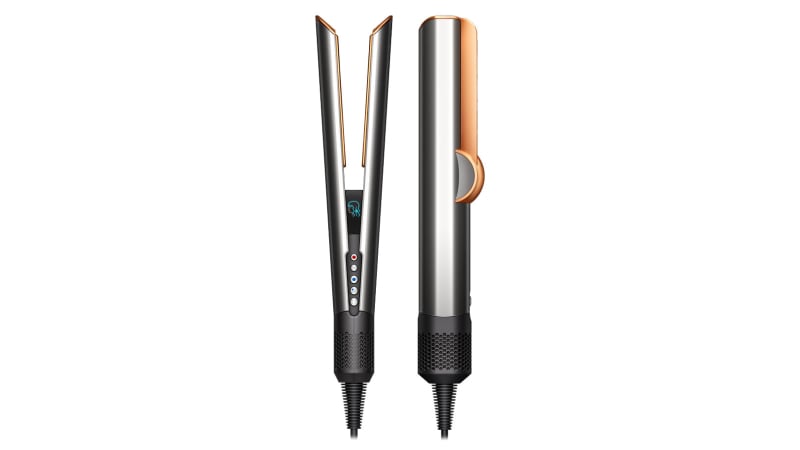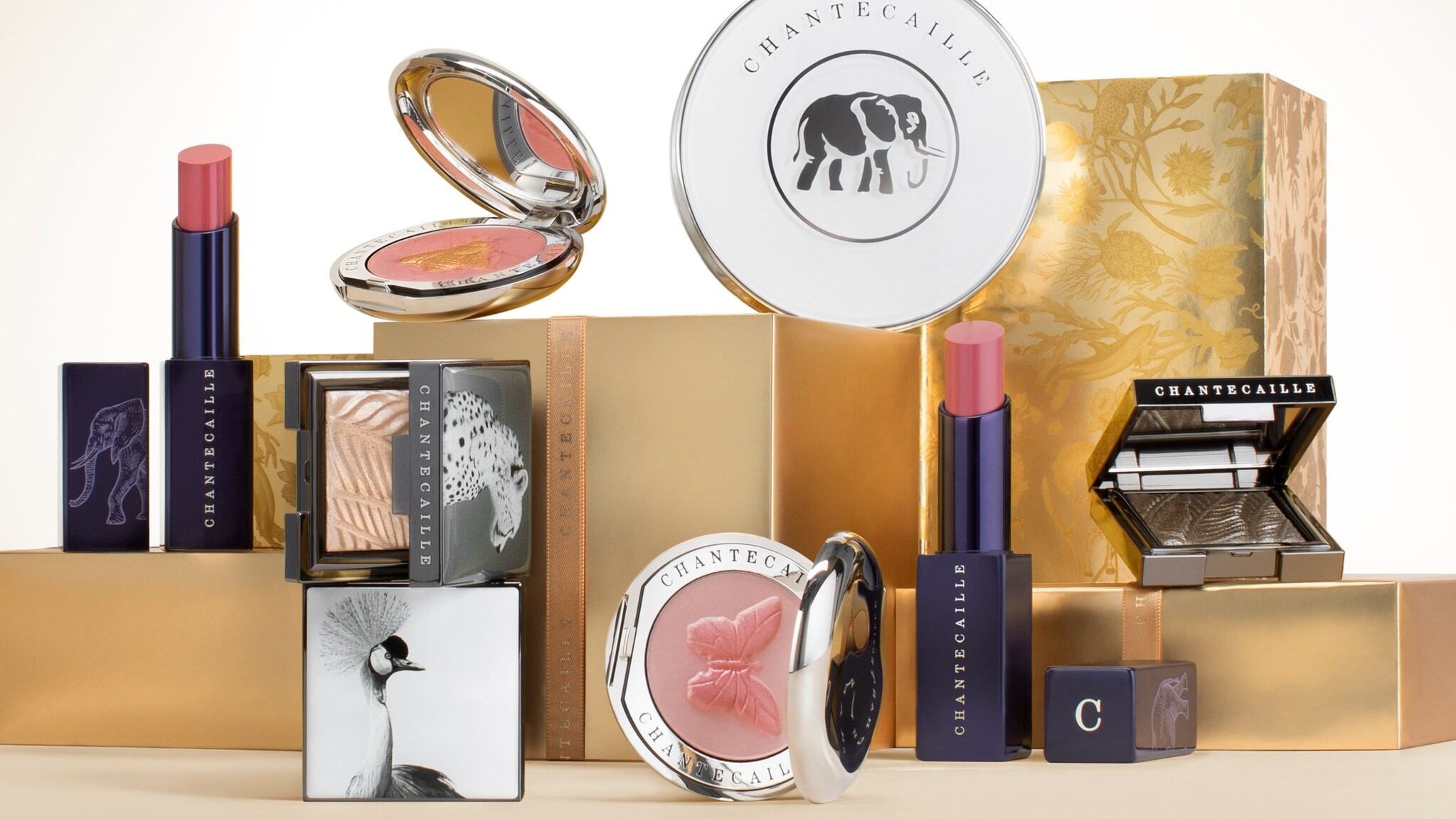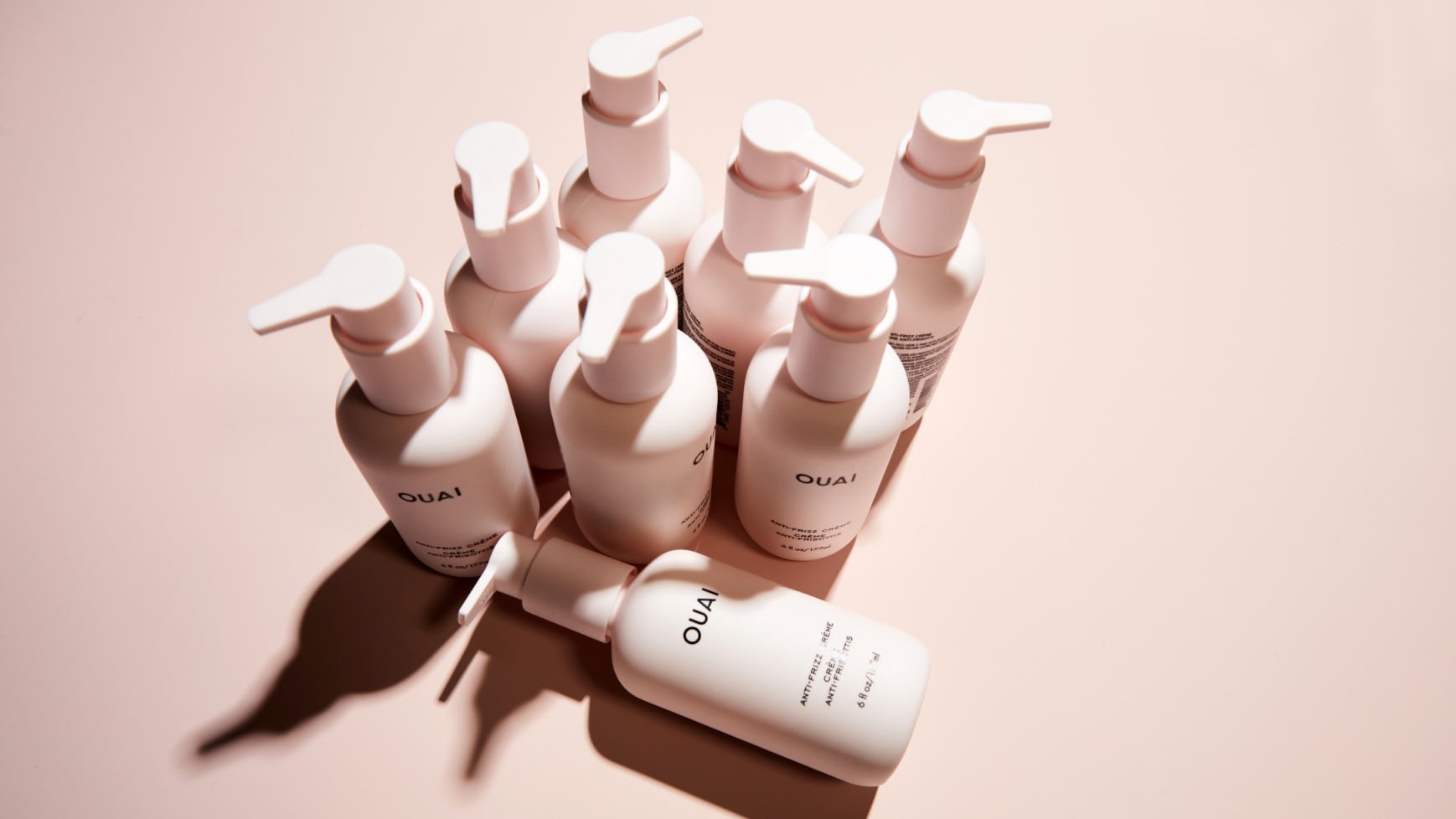This was based on a study on Dr.Ci:Labo’s new and improved 377VC Radiance Serum.
The serum was shown to improve transient UV-induced hyperpigmentation in seven days and skin brightening six times more than the blank control group.
The eight-week clinical study showed a significant improvement in solar lentigines and acne PIH, and the skin-brightening effect of target spots was maintained for two weeks after participants stopped using the product.
The latest formula combines phenylethyl resorcinol, antioxidants, and soothing ingredients to diminish the appearance of hyperpigmentation and prevent new dark spots from forming.
Ian Charlton, senior director, R&D, skin health & beauty, Kenvue, told CosmeticsDesign-Asia that unlike conventionally popular skin brightening ingredients such as vitamin C, glutathione, alpha-bisabolol, or niacinamide, phenylethyl resorcinol “can better maintain skin brightness”.
“Phenylethyl resorcinol is one of the most effective ingredients through targeting the root cause of melanogenesis. It acts as a competitive inhibitor of tyrosinase to block the generation of new melanin in melanocytes,” he explained.
“The primary cause of hyperpigmentation is melanin production – by inhibiting tyrosinase activity, which is the enzyme responsible for promoting new melanin synthesis, phenylethyl resorcinol addresses the root cause by directly working on melanocytes.”
Hyperpigmentation is one of the primary skin concerns of Asian skin care consumers and one of the earliest ageing signs among Asian women in their 20s.
“Asian skin is more prone to changes in pigmentation with age and tends to present post-inflammatory hyperpigmentation, melasma and freckles,” said Charlton.
Addressing with hyperpigmentation presents a daunting task due to its myriad complexities and products on the market may be limited in dealing with its complexities.
“Hyperpigmentation is a complex and multistep process, complicating the treatment as the generation of melanin can be driven by numerous factors and regulatory mechanisms, further influencing the rate of melanogenesis, transportation and distribution of melanin into keratinocytes and other skin cells,” said Charlton.
“There are products which work on inhibiting the transfer of melanin to neighbouring skin cells but Dr.Ci:Labo products containing phenylethyl resorcinol disrupts melanogenesis at its root cause by preventing hyperpigmentation from forming.
“The product provides holistic approach in addressing melanin-related hyperpigmentation triggered by external stressors and certain aesthetic procedures, improving collagen health as healthy skin foundation to achieve brighter, firmer, and translucent skin for Asian women.”
An effective pairing
The data was presented at American Academy of Dermatology (AAD) Association Annual Meeting in San Diego, California by Kenvue.
The new research addressed the three major concerns of Asian skin: hyperpigmentation, ageing skin, and sensitive skin.
“Our unique focus and in-depth understanding of the dermatological needs of Asian skin sets us apart in a field where such specialisation is rare, making us the go-to brand for Asian patients seeking skincare tailored to their individual needs,” said Charlton.
In addition to 377VC Radiance Serum, the latest data supported the efficacy and clinical validation of four more Dr.Ci:Labo products.
This included its Enrich Medica-lift Duo Serum, which integrates retinol and vitamin C derivatives in a bi-phase formula.
It demonstrated that with 12 weeks of use, there was a 36.5% improvement in dermal collagen levels in Japanese women aged 45 to 55.
Furthermore, it showed a significant increase in stratum corneum hydration, improvement of skin elasticity and melanin reduction.
“Retinol and vitamin C derivatives are well known as efficacious, but sensitive ingredients to formulate, as they are prone to degradation. Formulating in a one-phase serum is considered highly difficult due to the sensitivity and different stability conditions,” said Charlton.
Retinol and vitamin C remain among the most sought-after ingredients in skin care for their efficacy and are trusted by dermatologists.
By incorporating them in a bi-phase formulation the brand has “overcome the challenge of keeping these sensitive ingredients in separate layers to preserve their stability and potency”.
“The unique formulation not only ensure the stability of vitamin C but also as a whole, maintains the efficacy of retinol as well. And this helps to ensure an even distribution of the two key ingredients. And because the active ingredients are stabilised, the product helps to deliver the full benefits of the two actives in a single use,” said Charlton.
More breakthroughs
In addition, the company presented new data for its Enrich Medica-lift Microneedle Serum, and Retin 169 Serum.
The former showed that its unique microneedle system increased in the absorption of retinol by 55.6%, resulting in a significant reduction in the appearance of wrinkles and improvement of skin elasticity.
Kenvue also exhibited new data on Retin 169 formula, which combines retinol with hexinol to amplify the efficacy of retinol by 1.69 times.
Together, the cream and serum were found to reduce wrinkles in the forehead and around the mouth by 53.85% and 38.71% respectively in 24 weeks.
Skin sensitivity is another growing concern in Asian consumers and the company developed Aqua Collagen Super Sensitive products formulated with Acetyl Hydroxyproline (AHP) to repair and soothe skin while repairing barrier function.
In a four-week study on 32 women, the formulation was found to significantly enhance skin barrier function, reducing redness by 5.91% and superficial skin blood perfusion by 6.22%.
Dr.Ci:Labo is a leading derma skin care brand from Japan that came under the Johnson & Johnson (J&J) banner after the acquisition of in Ci:z Holdings Co. 2019.
Kenvue was a subsidiary of J&J before separating and becoming a fully independent company in 2023.
The data presented by Dr.Ci:Labo at the American Academy of Dermatology Annual Meeting was sponsored by the company through Johnson & Johnson China Ltd., or JNTL Consumer Health K.K, and/or Johnson & Johnson Pte Ltd – all of which are part of Kenvue.
Poster exhibits go through a blind review by the Poster Exhibits Task Force, followed by a peer-reviewed grading process. Accepted abstracts will be published in an online Journal of the American Academy of Dermatology (JAAD) Supplement.





